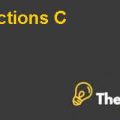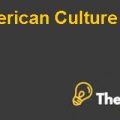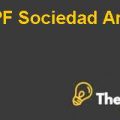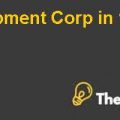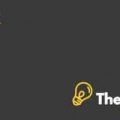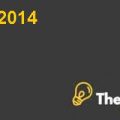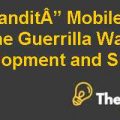
Q PepsiCo cost of capital:
ANS:
PepsiCo is a large and well-known brewage company in the world. In Mexico, the company had invested capital in the bottling industry and hence wanted to know the cost of capital that it had invested. The cost of capital is a cost which the investor bears on financing and its calculation depends on the approach which is used by the financing company to generate funds for investment. Cost of capital has two components: firstly is the cost of equity in which the funds are generated through the equity and secondly is the cost of equity in which funds are raised through cost of debt. Every individual company has its own strategy to raise funds; some use both and some use the single strategy. Cost of capital is derived from the weighted average cost of capital (WACC). In this case, the cost of capital is derived from the Capital Assets Pricing Model, in which the un-levered Firm Beta is used. The calculations are made under perfectly segmented and perfectly integrated market. The perfectly segmented market’s costs of capital are derived as follows:
Mexican Beverage’s cost of capital is 12.28% with the unlevered Beta of 0.66. Mexican consumer goods’ cost of capital is 11.44%. The Mexican market’s cost of capital is 9.48%.
The perfectly integrated market’s cost of capital is derived under the US market data for S&P 500 which is 5.97% and for MSCI market is 4.94%.
These costs of capital are also evaluated under the regression analysis with the confidence level of 99%. The coefficients of correlation between the Mexican market and US S&P 500 are weakly positive.
Q Forecasted Exchange Rates:
ANS:
The forecasted exchange rate is calculated through the historical spot exchange rates. In the exchange rate calculation the un-covered interest parity and purchasing power parity has influential effects. In 1993 the Mexican exchange rate.....................
This is just a sample partial case solution. Please place the order on the website to order your own originally done case solution.
This case describes a program to restructure its Pepsico Mexican bottling network. He wants to work with existing filling and find an organizational structure that will allow bottlers to grow and change with the Mexican soft drink industry. "Hide
by Kenneth A. Froot, Charles M. LaFollette Source: Harvard Business School 19 pages. Publication Date: May 28, 1993. Prod. #: 293137-PDF-ENG


